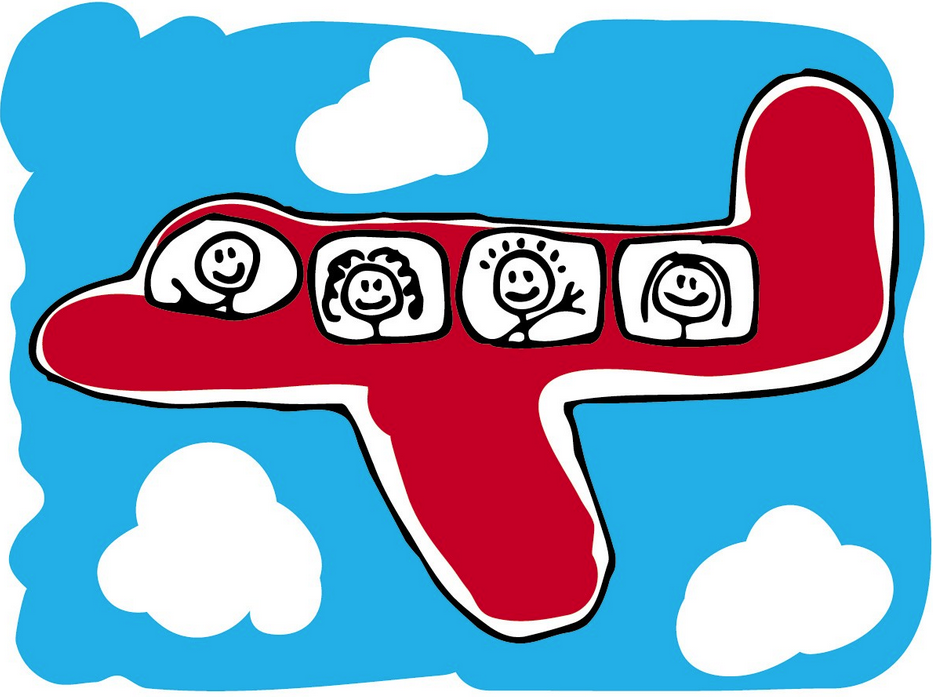Sleep tips for changing time zones with kids
Traveling across time zones can be a daunting prospect for even the most seasoned travelers. As adults, we know that adjusting to a different time zone or recovering from jet lag can lead to headaches, stomach uneasiness and grumpiness. Our children experience the same side effects only they often have limited ability to express how they are feeling or what they need in order to feel better.In general, children often recover from jet lag quicker than adults but being up with a wide-awake, small child in the middle of the night when you are trying to recover as well is no picnic. Here are some tips to help your children adjust to travel through time zones. Please keep in mind that sleep experts say that it takes adults one day for every hour of time change to adjust your body’s internal clock. Some say that children have an easier time than adults.
General information about jet lag:
• Jet lag can be worse when traveling east than west.
• Jet lag is more than just being tired at the wrong time, it is also about your body sending messages about eating and needing to use the bathroom at the wrong time as well.
Tips for helping adjust to travel to different time zones:
For adults and children, one thing that most helps adjust to new time zones is sunlight. Be sure to get your children out in the sun and fresh air in the daylight. At night, make sure it is as dark as possible. This will help your body adjust its circadian rhythms so that you are waking and sleeping during the right time for your time zone.
For travel 3 or less time zones and for short periods of time, try keeping your child on your home time zone. Blackout curtains are essential for making this work. Also be sure to feed your child at the right time for your home time zone.
Encourage lots of physical activity during waking hours.
Expect that your child will wake during the night for the first few days of travel. This most often happens around meal times that you would be eating if you were at home. Try to feed him right before he goes to sleep to help avoid this. For the first couple of nights of travel, it may be very difficult to get your child to go back to sleep after waking in the middle of the night. Do the best you can, you can offer a small snack or milk but after two days, encourage your child to go back to sleep if he continues to wake in the middle of the night. During the first few days, if your child is up in the middle of the night and does not go back to sleep, he will most likely want to take a marathon nap the next day. Try not to let the nap extend much beyond his normal length of nap time so that his body can begin to adjust to the new time zone by going to bed at his normal bedtime in the time zone you are in now.
Breastfed babies may take a few more days to adjust because their mother’s milk supply has to adjust for the time zone as well.
If it is possible to do, without inducing too much overtiredness, try to stay awake until a normal bedtime. Remember, if your child naps at home, he will need a nap while you are traveling so that he isn’t too overtired at bedtime which will lead to even more night wakings. Sticking to a similar routine as you have at home will help make these adjustments easier.

